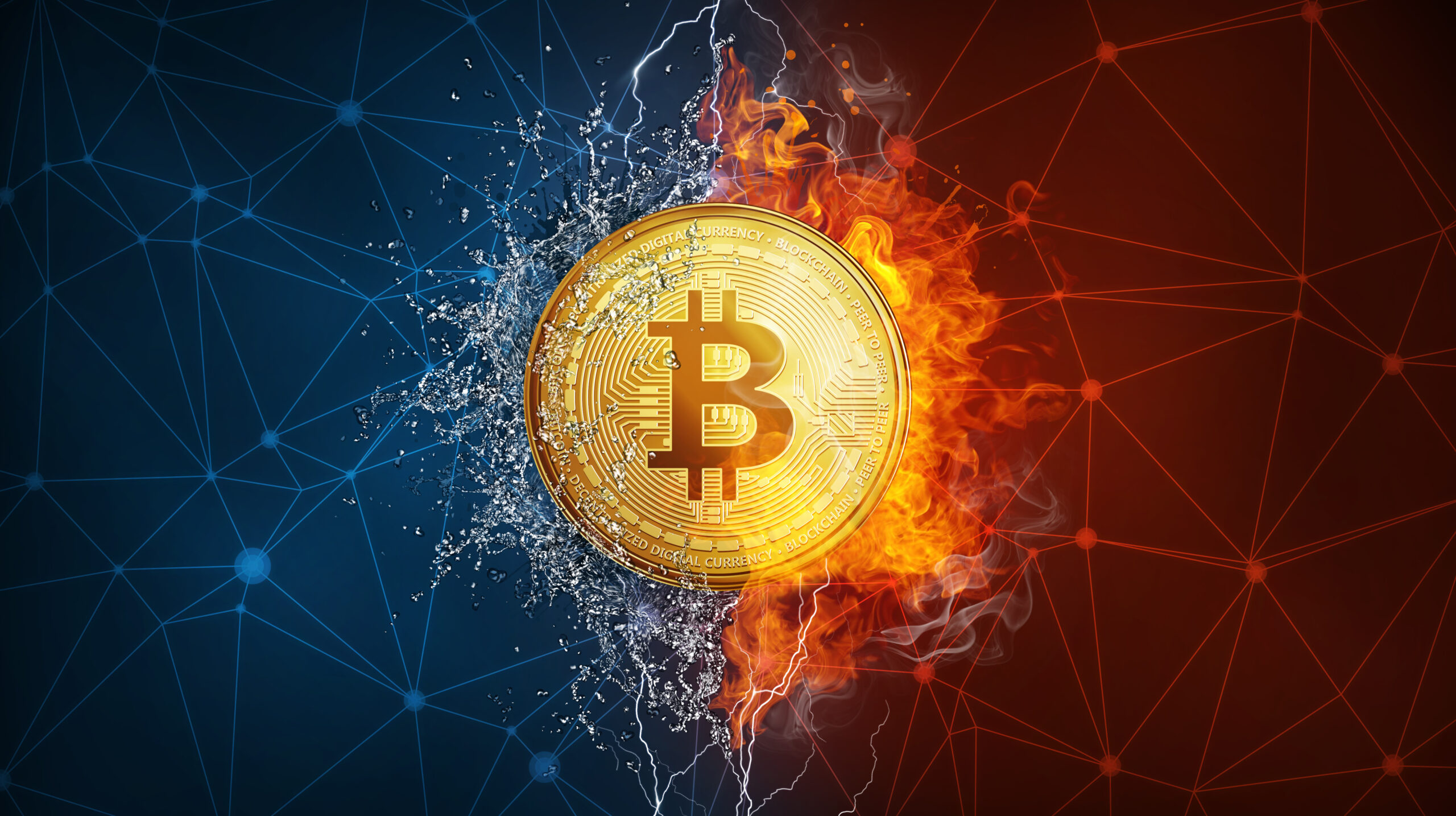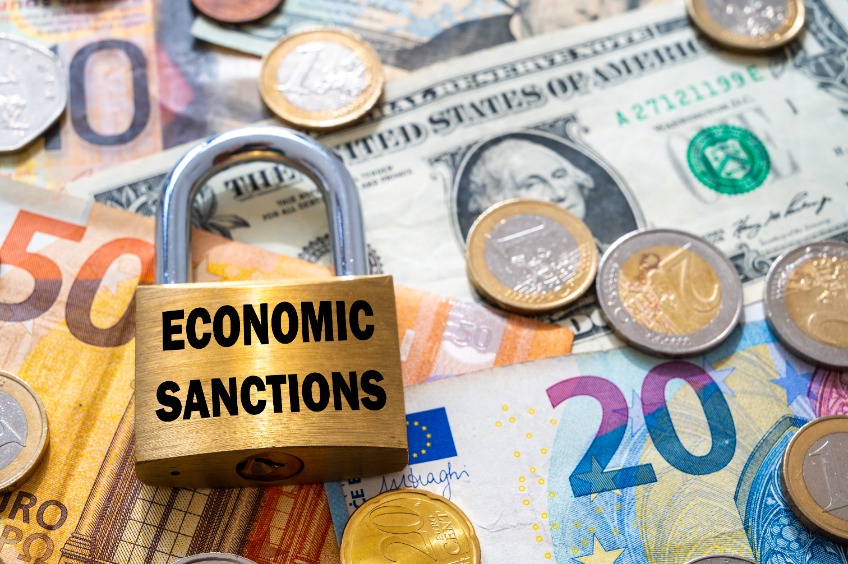By: Editorial Staff, Date: May 8th, 2024

More and more people are turning to digital currencies, such as Bitcoin and Ethereum, for their financial needs, drawn by their convenience, security, and potential for investment growth. As blockchain technology continues to evolve, its potential to bypass traditional financial regulations is becoming increasingly evident.
Due to the anonymity and decentralized nature of these currencies, authorities are facing challenges in enforcing economic sanctions. A report by the Government Accountability Office (GAO) in December 2023 stated that digital assets pose risks in implementing and enforcing sanctions. The GAO found that sanctioned actors have used digital assets to evade U.S. economic sanctions.
In this article, we will explore how digital assets are changing the landscape of economic sanctions and the strategies policymakers are employing to mitigate associated risks.
How Digital Assets are Being Used to Bypass Economic Sanctions
Economic sanctions may include the freezing of assets under US jurisdiction, which can impact the ability of sanctioned entities to fund their military activities or other projects. When imposing sanctions, the government creates a list of people and businesses to be avoided. Those caught engaging with anyone on the list face heavy fines. This is why banks play a crucial role in enforcement by monitoring money flows and blocking transactions with sanctioned entities.
However, the rise of digital currencies is hindering this process as tracking and monitoring transactions becomes more challenging. Sanctioned entities utilize digital assets to conceal their transactions, enabling them to evade sanctions and generate funds through cybercrime and other illegal activities.
Regulatory Responses and The Race to Control the Use of Digital Assets
U.S. agencies are taking action to prevent the use of digital assets in attempts to circumvent sanctions. Although digital asset transactions hide the user’s identity, federal agencies can still track these transactions on public blockchains.
Federal agencies, such as the Department of Justice and the Department of the Treasury, are monitoring illegal financial activities and have taken action to address the risks associated with digital assets. In October 2022, the DOJ charged five Russian nationals and two Venezuelan nationals for using cryptocurrency to evade sanctions related to the acquisition of Venezuelan oil and U.S. military technology.
Also, federal agencies are continuously collaborating with international organizations to enhance investigative capabilities and enforce anti-money laundering standards. This collaboration significantly helps safeguard global financial systems from individuals or businesses that use digital assets for illegal activities, such as evading sanctions. Additionally, digital asset firms have tools that enable them to identify and trace digital asset transactions, assisting government agencies with their investigations and enforcement efforts.
The impact of digital assets on economic sanctions is evolving significantly, challenging the effectiveness of government-imposed sanctions. Therefore, policymakers need to adapt and develop new strategies to regulate the use of digital assets, ensuring the integrity of economic sanctions.
Gain a deeper understanding of economic sanctions at our webcast: Demystifying Economic Sanctions: Strategies for Success in a Global Economy
Upcoming Webcasts
Guide to Complying with OFAC Sanctions Regulations
In this LIVE Webcast, a panel of thought leaders and professionals brought together by The Knowledge Group will provide and present an in-depth analysis of the fundamentals as well as recent developments in Compliance Guide to OFAC’s Recent Sanctions Regulations.


